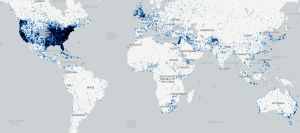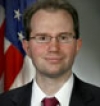
Mind control achieved through the “information flicker effect”
I wrote this piece in 2012, in the wake of the Sandy Hook shooting. I re-post it now, because it equally applies to the Orlando shooting. No, I’m not talking about the flicker of the television picture. I’m talking about an on-off switch that controls information conveyed to the television audience. . . .
The media anchors are absorbing, arranging, and broadcasting details given to them by the police investigators. The anchors are PR people for the cops. This has nothing to do with journalism. Nothing.





 Bernie Sanders is at the single most significant turning point in his life. Against all odds (greater odds than those faced by Donald Trump) he has mobilized a generation and restored some semblance of social and economic justice to the Democratic Party's notional position.
Bernie Sanders is at the single most significant turning point in his life. Against all odds (greater odds than those faced by Donald Trump) he has mobilized a generation and restored some semblance of social and economic justice to the Democratic Party's notional position.
